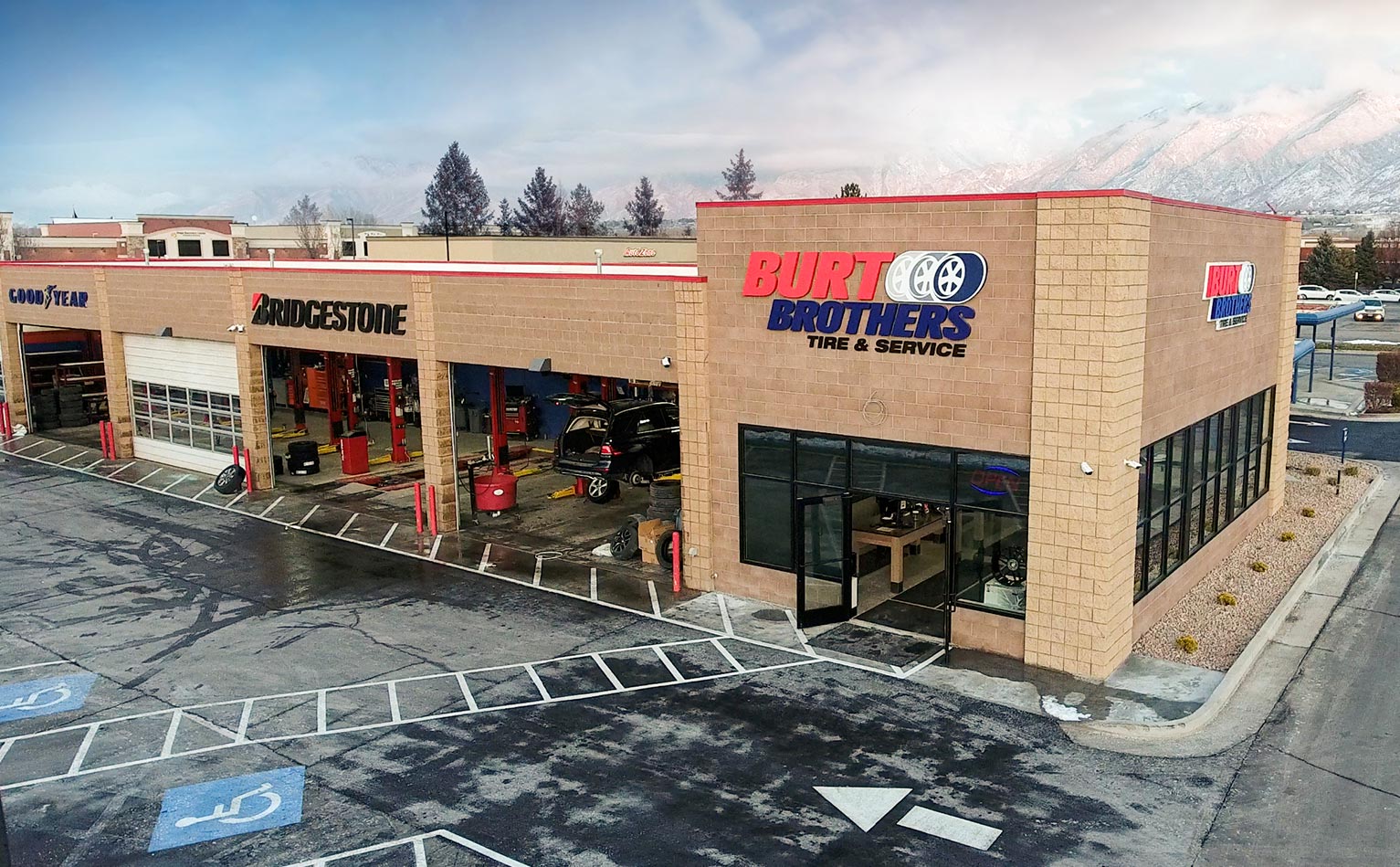Morris Tire Service Quality: Where Competence Fulfills Your Tire Needs
Morris Tire Service Quality: Where Competence Fulfills Your Tire Needs
Blog Article
The Environmental Advantages of Appropriate Tire Upkeep
Preserving correct tire care is often forgotten, yet its effect on the setting is profound. From minimizing fuel usage to decreasing emissions result, the benefits are significant. Correct tire maintenance not only prolongs the life-span of tires but likewise reduces landfill waste and contributes to boosted air top quality. The interconnectedness of these benefits highlights the vital duty that easy maintenance techniques can play in advertising environmental sustainability.
Reduced Fuel Consumption
Improving tire maintenance methods can lead to a substantial decrease in fuel intake for lorries. According to the United State Department of Power, underinflated tires can reduce gas mileage by 0.2% for every 1 psi drop in pressure in all 4 tires.
Along with tire stress, routine tire rotations and placements likewise play an essential role in gas effectiveness. Unevenly used tires can increase gas usage as the engine functions harder to preserve rate and traction. By keeping proper placement and turning tires at advised intervals, vehicle drivers can guarantee also prolong the life and use of their tires, ultimately conserving gas and decreasing their carbon impact.
Extended Tire Lifespan
Prolonging the life-span of tires is an essential facet of efficient lorry maintenance methods that can generate cost savings and ecological advantages over time. By appropriately maintaining tires, chauffeurs can dramatically prolong their usability, decreasing the regularity at which new tires need to be manufactured and old ones disposed of. This not only saves beneficial resources but likewise lessens the power and exhausts associated with tire production and disposal processes.
On a regular basis examining tire pressure, rotating tires, and guaranteeing appropriate positioning are crucial action in expanding tire life-span. Adequate tread depth is crucial for optimum grip and safety and security, yet it additionally contributes in for how long tires can be made use of prior to needing replacement. Additionally, avoiding aggressive driving behaviors that accelerate tire wear, such as harsh braking and doglegs, can better boost tire longevity.
Inevitably, raising the long life of tires with positive maintenance not just profits the environment by reducing waste and preserving resources but additionally causes cost financial savings for car owners by postponing the need for new tire acquisitions.
Reduced Emissions Output
Efficient tire maintenance methods add to a reduction in discharges result, aligning with ecological sustainability objectives in the automotive market. By keeping optimal tire pressure levels, motorists can aid reduce these unfavorable ecological effects.
Additionally, well-maintained tires likewise boost grip and reduce rolling resistance, even more improving gas performance. This, consequently, minimizes the quantity of exhaust gases launched right into the ambience. Additionally, guaranteeing tires are appropriately pumped up and lined up can prolong the life-span of the tires, lowering the regularity of tire substitutes and the associated ecological costs of tire manufacturing and disposal.

Decreased Landfill Waste
Given the positive effect of appropriate tire maintenance on decreasing discharges outcome, one more considerable environmental benefit is the possibility for lowered landfill waste. By ensuring that tires are properly blown up, straightened, well balanced, and revolved consistently, their life-span can be substantially prolonged.

Improved Air Top Quality
Enhancing air top quality via correct tire upkeep methods is a vital element of sustainable environmental stewardship. When tires are underinflated, they create more rolling resistance, bring about raised gas intake and greater discharges of hazardous contaminants such as carbon monoxide and nitrogen oxides. Correctly morris tire service inflated tires not just enhance fuel efficiency but additionally minimize the amount of pollutants released into the air.
Additionally, properly maintained tires with proper walk depth and placement add to much safer driving problems, minimizing the possibility of accidents that can cause the release of added contaminants into the ambience. By prolonging the life-span of tires with regular upkeep and rotation, less tires are discarded too soon, decreasing the ecological impact of tire disposal and production processes.
Verdict
In final thought, correct tire maintenance supplies various ecological benefits. By minimizing gas usage, expanding tire lifespan, reducing exhausts output, reducing land fill waste, and enhancing air top quality, people can add to a much healthier planet. These initiatives not just benefit the atmosphere however additionally help to save sources and reduce general ecological influence. It is vital for people to focus on tire maintenance as an easy yet efficient means to protect the environment for future generations.
Proper tire maintenance not only extends the lifespan of tires but also decreases landfill waste and contributes to improved air top quality - morris tire service. By preserving appropriate positioning and turning tires at recommended intervals, drivers can guarantee even wear and lengthen the life of their tires, eventually saving gas and lowering their carbon impact
By appropriately preserving tires, drivers can significantly lengthen their use, minimizing the frequency at which brand-new tires require to be produced and old ones disposed of.Frequently checking tire stress, turning tires, and guaranteeing correct positioning are vital steps in expanding tire life expectancy. Additionally, making certain tires are appropriately inflated and straightened can extend the life-span of the tires, minimizing the frequency of tire substitutes and the associated ecological costs of tire manufacturing and disposal.
Report this page